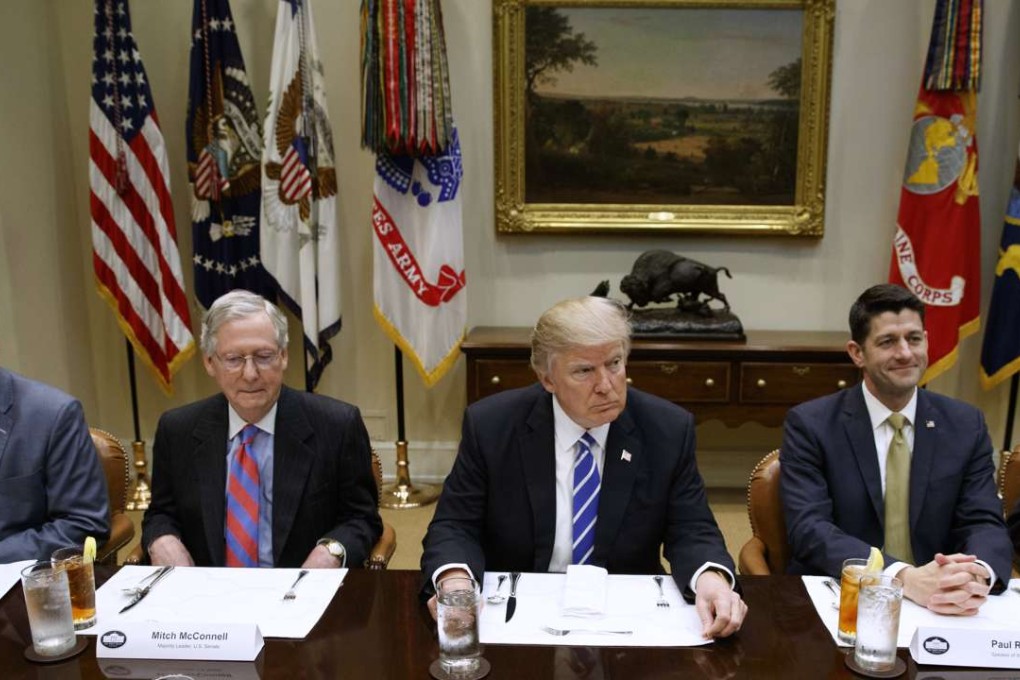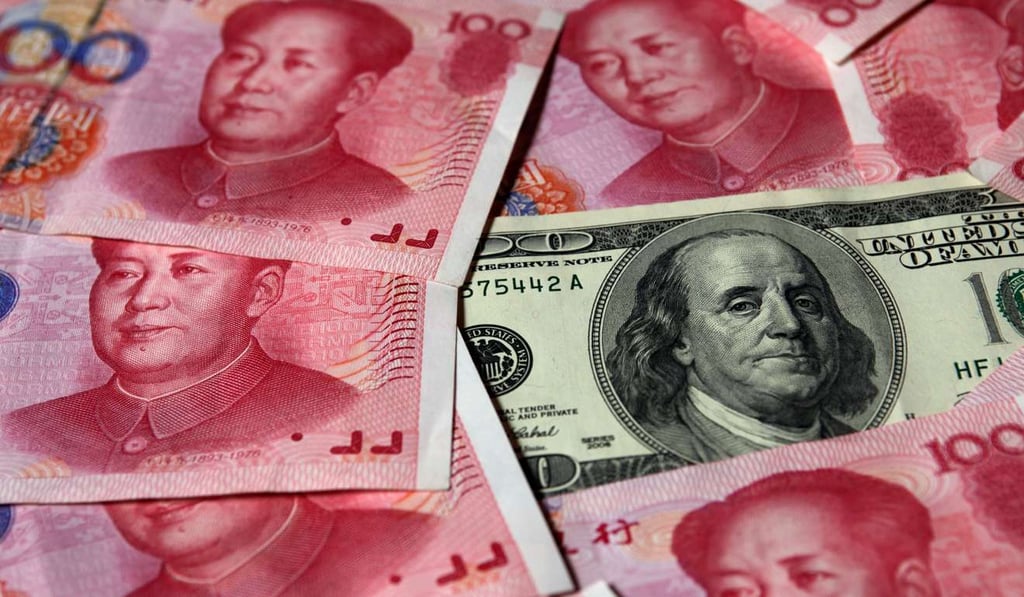China must rethink free float for the yuan, as US border tax looms
Weifeng Zhong and Zhimin Li say a market-led exchange rate regime is the best option for Beijing, with the proposed US import tax poised to deal a heavy blow to China’s monetary system and growth outlook

The US Republicans’ border-adjusted tax plan – to tax imports and exempt exports – could deal a strong blow to the stability of China’s monetary system and its growth prospects. Beijing would be wise to move to a floating exchange rate regime.
The proposed tax plan would not improve America’s trade balance, as many claim, but would, instead, boost the value of the greenback against the currencies of its trade partners, including China.
The import tax would reduce US demand for Chinese products, trimming the supply of US dollars in foreign exchange markets. The export exemption would increase Chinese demand for American goods, pushing up the supply of the yuan in currency markets. In the end, a 20 per cent border adjustment would cause the yuan to depreciate by 20 per cent against the dollar – leaving the incentives of exporters and importers, as well as the balance of trade, unchanged.
President Trump’s ‘America first’ policy means the dollar is king
China’s exchange rate regime could then play out in three likely scenarios, none rosy. The best option would be to let the market determine the yuan’s value.

China’s three-trillion-dollar question: the yuan or forex reserves?
If China were to peg its currency tightly against the greenback, it would potentially face daunting deflation pressures. Under the 20 per cent import tax, market forces would eventually make the border price of Chinese goods 20 per cent cheaper for US consumers. If the yuan’s exchange rate did not adjust downward by 20 per cent, the price of Chinese goods would instead have to fall by 20 per cent – a deflation for China. That would compromise the independence of China’s monetary policy and further weaken its frail economy.